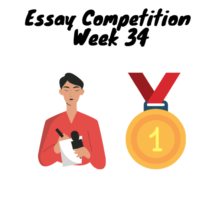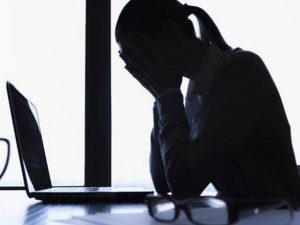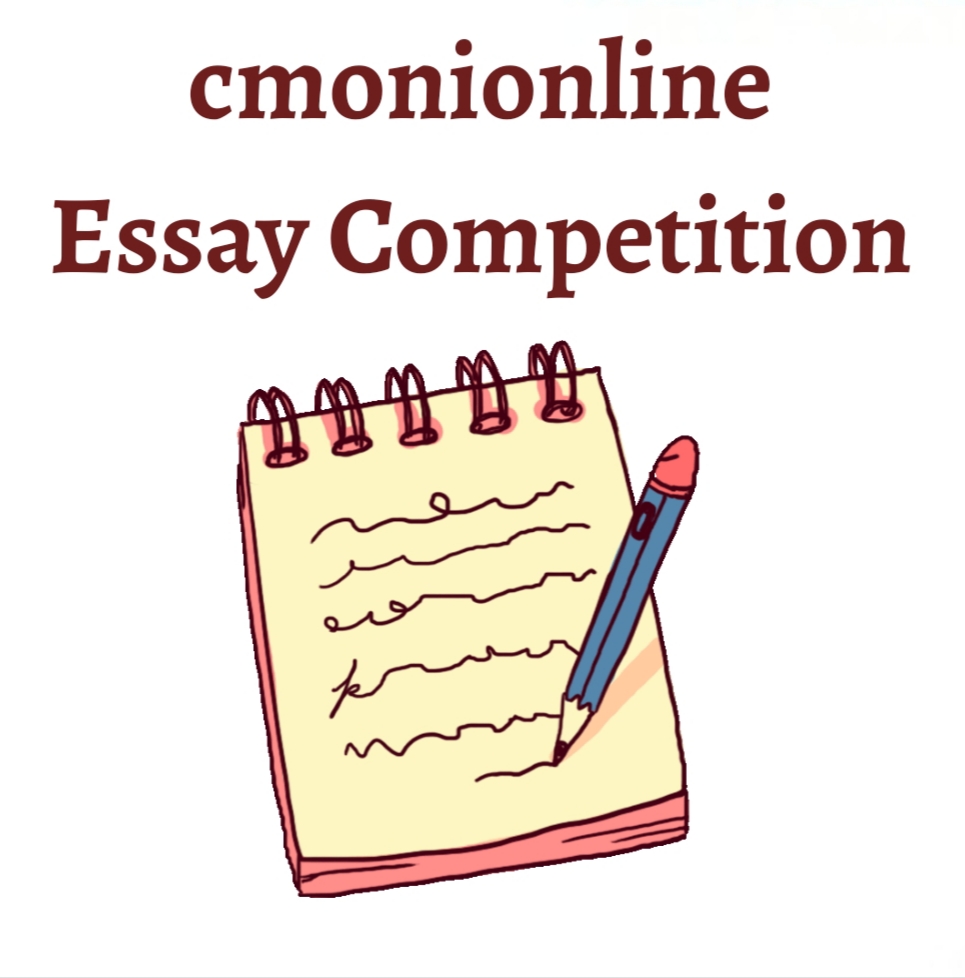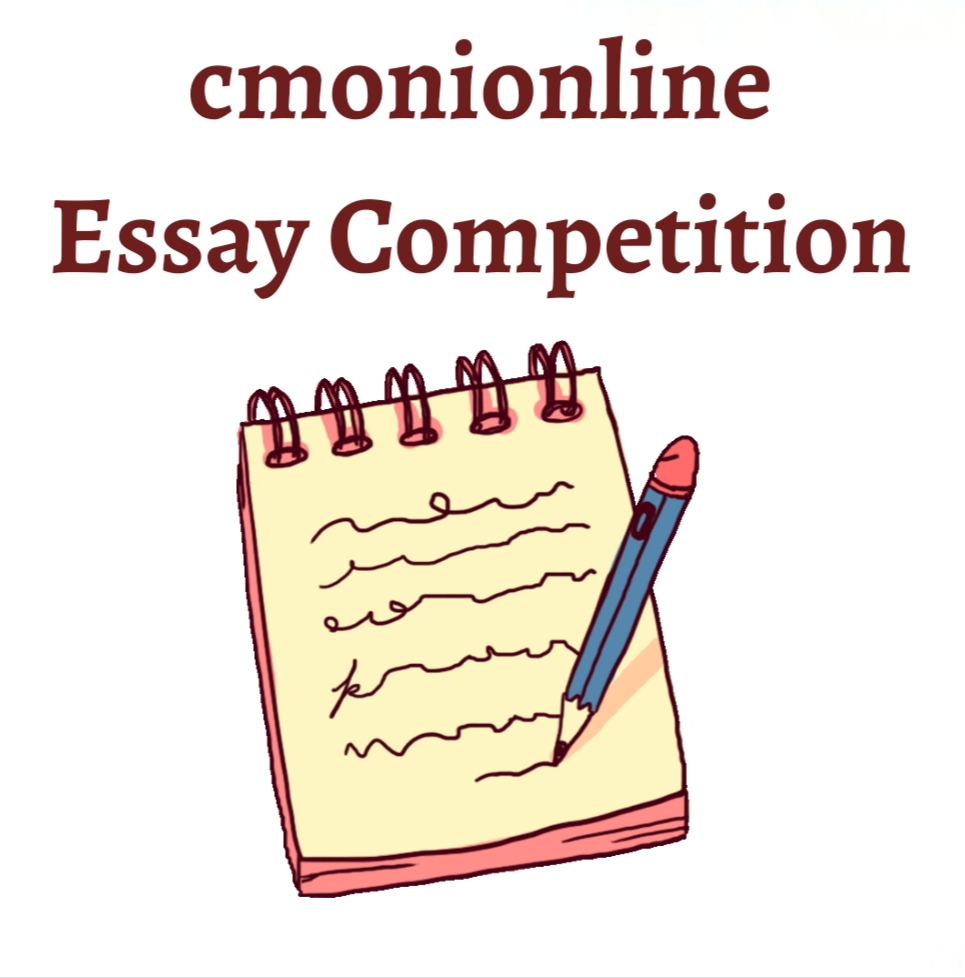Introduction
The call by the Federal Government for Nigerians to eschew hate speech or face prosecution, has always dominated our media space. Hence, one wouldn’t expect the President to throw tantrum when he is rightly sanctioned for committing the same offence.
President Buhari, reacting to the attacks on government facilities in the country, via his official Twitter handle wrote, “…many of those misbehaving today are young to be aware of the destruction and loss of lives that occurred during the Biafran war. Those of us in the field for 30 months, who went through the war will treat them in the language they understand.” (TheGuardian 02 Jun 2021).
This hateful tweet sparked widespread condemnation from many Nigerians, who believed that it has a genocidal undertone. The brouhaha generated by the President’s tweet was mildly abated when Twitter deleted the tweet for violating the platform’s Terms and Conditions. Facebook, another social media platform, also removed the controversial statement posted by the President. Facebook explained that, “in line with our global policies, we’ve removed a post from President Buhari’s Facebook page for violating our community standards against inciting violence. We remove any content from individuals or organizations that violates our policies on Facebook.” (PremiumTimes 04 Jun 2021)
In what seemed like a retaliatory move, the federal government suspended the operations of Twitter in Nigeria. The Minister of Information and Culture, Lai Mohammed, announced this indefinite suspension citing “the persistent use of the platform for activities that are capable of undermining Nigeria’s corporate existence,” as the reason for the ban. (TheGuardian 04 Jun 2021).
This recent development has made it necessary for us to carefully analyse the rising confrontation between the social media platform, Twitter, and the Nigerian government.
Does the constitution support this ban?
Reacting to the ban, Nigerian Lawyer and Activist, Femi Falana, stated that the suspension is a provocative infringement of Nigerians’ right to freedom of expression including freedom to access information in the country (PremiumTimes 4 Jun 2021).
Speaking to PremiumTimes, a Lagos-based lawyer, Inibehe Effiong, said, “the purported ban is a flagrant violation of the right to freedom of expression under section 39 of the Nigerian constitution. To begin with, fundamental rights cannot be taken away or derogated without a law. A written law is required and section 35 said that the written law has to be reasonable and justifiable in a democratic society. For the government to claim they are suspending that platform, it is an attack on Nigerians. It is clearly unconstitutional and illegal.”
Aside Nigeria, which other countries have blocked access to Twitter?
According to Forbes, Nigeria joined the likes of China, North Korea, Iran, as countries that have banned Twitter operations in their domain. Countries that have had periodic bans include; Egypt, Turkey, Uganda, Pakistan.
This puts Nigeria in a bad light, as a brief study on these countries would reveal that they are not reputable for democratic approaches to issues.
If Twitter and Facebook removed President Buhari’s post, why ban only Twitter?
Many Nigerians have suggested that the deletion of the President’s tweet wasn’t the sole reason for the ban on Twitter, adding that there is more than meets the eye. My esteemed readers would recall that last year 2020, Nigerian youths conducted series of mass protests against police brutality in Nigeria. During the EndSARS protest, Nigerians leveraged on social media platforms especially Twitter to organize, drive, and sustain the protest. Twitter CEO, Jack Dorsey, amplified bitcoin donation links to fund the protest. The funding of the protest was decentralized as donations were made using cryptocurrency, making it difficult for the government to regulate and control it.
In the wake of the protest, Lai Mohammed, made calls for the regulation of social media in Nigeria. He said, “…we will not fold our arms to allow purveyors of fake news and hate speech to use the social media to destabilize our country.” (PremiumTimes 31 Oct 2020).
Recall that there had been rumours that the National Assembly was considering a bill to regulate the activities of Nigerians on social media. Although Mr Lai Mohammed denied the allegations (Guardian 01 Feb 2020), the intuitions of Nigerians were vindicated when the Social Media Bill, sponsored by Senator Muhammad Sani Musa, passed the first and second readings. Guardian reported the Part 3(12) of the bill gives law enforcement agencies the power to shut down access to the internet and social media without recourse to the National Assembly or a court.
Also, PulseNg reported that the Nigerian Communications Commission (NCC) announced that subscribers who haven’t obtained and linked their National Identification Number (NIN) would have their phone numbers blocked.
The social media bill, ban on cryptocurrency, directive to link NIN to phone numbers, and the recent Twitter ban couldn’t have been mere happenstance. Many Nigerians have alleged that all the tools that helped propagate the EndSARS protest are being subtly attacked.
Other opinions on the ban?
Some Nigerians are supportive of the ban citing that the platform wants to undermine the sovereignty of Nigeria. They added that Twitter doesn’t have the right to determine what constitutes a free speech. Countering this opinion, many have opined that just as the Nigerian constitution defines the boundaries of expression in Nigeria, Terms and Conditions of Twitter also do the same on the platform. If there was absolute freedom of expression, perjury, libel, false rape accusation, and hate speech which are extreme levels of expressions, would not be considered an offence.
Also, Lai Mohammed alleged that Twitter failed to take down Nnamdi Kanu’s tweets despite repeated request to do so. However, reports show how Twitter recently deleted some of his controversial tweets (PremiumTimes 9 Jun 2021).
What is the punishment for defaulters of this ban?
Following the ban on Twitter, many Nigerians downloaded Virtual Private Network (VPN) apps to enable them access to Twitter. Reacting to this, The Attorney General of the Federation and Minister of Justice, Abubakar Malami, ordered the immediate prosecution of offenders of the ban on Twitter operations in Nigeria (Dailypost 05 Jun 2020).
Announcing the deactivation of his twitter account, The Minister posted a screenshot with the caption, “My Twitter Account Deactivated” on his verified Facebook page. A critical look at the photo showed that Malami had accessed his Twitter account with the aid of a VPN (Punch 08 Jun 2021). Many Nigerians also noticed the LATOKEN icon, a cryptocurrency trading app, on his screenshot.
Having violated the “law”, Nigerians are now awaiting the investigation and prosecution of the Minister.
How did the world react?
Nairametrics reported that the recent move by the Presidency to ban the operations of Twitter in Nigeria has attracted international comments especially from nations that have their embassies in Nigeria.
According to WashingtonPost, Diplomats from the United States, the European Union, Canada and other nations have urged Nigeria to lift the ban on Twitter. The US Embassy said in a tweet, “we strongly support the fundamental human right of free expression and access to information as a pillar of democracy in Nigeria as around the world…and these rights apply online as well as offline.”
What are the implications of the ban?
According to NetBlocks, a watchdog organization that monitors cyber-security and governance of the internet, Each hour of social media gagging costs Nigeria about $250,000 (102.5 million naira), bringing the daily loss to 2.5 billion naira (Guardian 07 Jun 2021). This means Nigeria’s economy would have lost approximately 7.5 billion naira in the past three days. Nigeria’s decision to indefinitely suspend Twitter would take a toll on our struggling economy.
The ban has adversely affected lots of Small and Medium Scale Enterprises, SMEs, that use the platform for engaging existing and potential customers. Most online vendors have lamented the decision of the federal government to ban Twitter, adding that the government wants to take away their source of livelihood despite creating little or no jobs for them.
A 2020 survey by an independent, Africa-based research organization, Afrobarometer, found that “35% of Nigerians are using some social media service to get news at least a few times a week.” Banning social media, especially Twitter, would mean keeping many Nigerians bereft of the happenings in the country.
Judging by the comments from Nigerian Lawyers, it seems like the ban on Twitter is unlawful. This implies that our country will be viewed as one without regard for the constitution.
The ban validates Twitter’s decision to set up its first African office in Accra, Ghana and not in Nigeria. The platform cited “support for free speech“, “online freedom” and “open internet” as reasons for their decision. With the ban on Twitter, more potential investors would be scared of investing into our technology sector. This will have an adverse effect on our digital economy.
For a president whose slow approach to national issues attracted him the sobriquet, “Baba Go Slow“, Nigerians were suprised at the hasty decision to indefinitely suspend Twitter. Consequently, Many Nigerians have accused the presidency of deliberately turning a blind eye to more pressing issues in the country such as insecurity, adding that the government’s inability to put an end to these issues could be because the state actors have not been directly affected.
What are the solutions to this rising confrontation?
Rather than ban Twitter operations, the Federal Government should dialogue with Twitter to iron out their grievances. While Twitter acted based on its Terms and Conditions, Nigerian government must act within the confines of the constitution. However, Twitter must avoid selective censorship, as every offender should be dealt with.
Nigerians should be sensitized on the need to be civil on social media. Hateful, derogatory, and inciteful comments should be avoided. The state actors must be exemplary by practicing what they preach.
Summary
The confrontation between Twitter and the Federal Government could be likened to the fight between two elephants, which the grass (Nigerians) would suffer. The Government must look beyond their own interest and act towards the interest of the citizens and the country.
References
https://www.dailypost.ng/2021/06 ban-malami-orders-arrest-prosecution-of-nigerians-still-using-twitter
https://www.forbes.com/sites/joewalsh/2021/06/05/nigeria-has-banned-twitter—along-with-these-other-countries/amp/
https://www.m.guardian.ng/news/12b-e-commerce-suffers-as-twitter-ban-costs-n75-billion-in-three-days/
https://www.m.guardian.ng/news/nigeria/national/despite-evidence-lai-mohammed-denies-existence-of-social-media-bill/
https://www.premiumtimesng.com/news/headlines/423969-nigerian-govt-must-regulate-social-media-minister
https://www.premiumtimesng.com/news/headlines/465653-just-in-after-twitter-facebook-deletes-buharis-controversial-civil-war-post
https://www.premiumtimesng.com/news/headlines/465663-nigerians-express-outrage-after-government-bans-twitter
https://www.punchng.com/twitter-ban-despite-threatening-nigerians-malami-uses-vpn/?utm_medium=Social&utm_source=Facebook#Echobox=1623189043
https://www.theguardian.com/world/2021/jun/02/twitter-deletes-nigerian-presidents-abusive-biafra-tweet
https://www.theguardian.com/world/2021/jun/04/nigeria-suspends-twitter-after-presidents-tweet-was-deleted
Michael Ogbonnaya is a graduate of mechanical engineering from the Federal University of Technology Owerri. He is a creative writer who tries to tackle societal problems with his writing and can be reached via elevatedmikey@gmail.com








